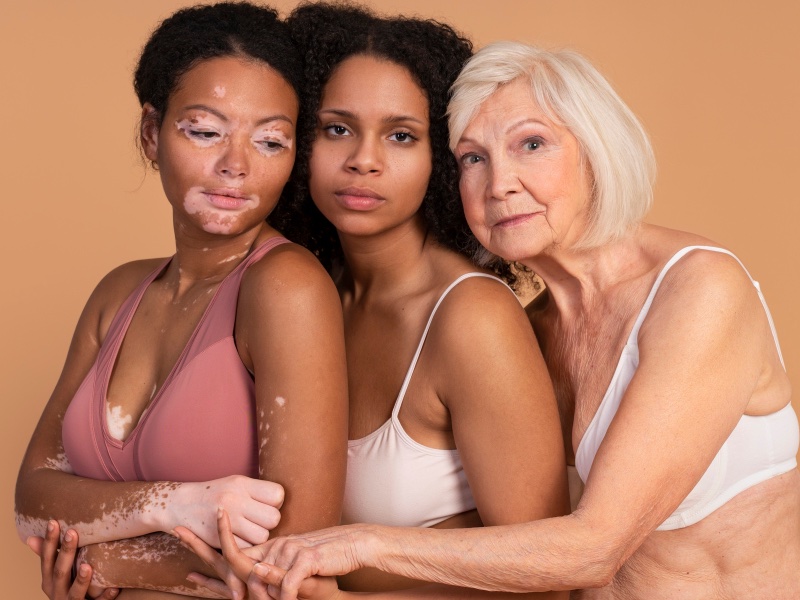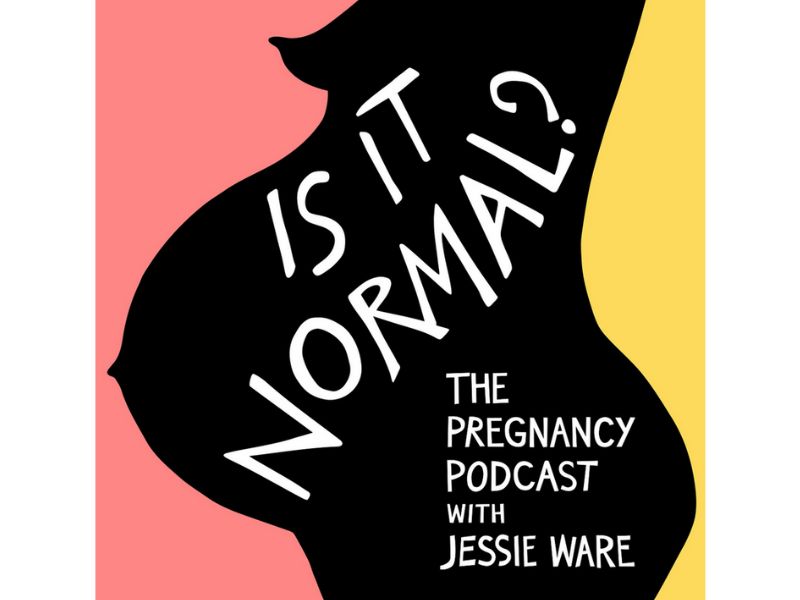Menopause is a natural biological process. It typically occurs in women between the ages of 45 and 55. Although the exact timing can vary from person to person.
During menopause, the ovaries gradually produce less oestrogen and progesterone, leading to a variety of physical and emotional changes.
Here are some of the most common signs and symptoms of menopause:
- Irregular periods: One of the early signs of menopause is changes in the menstrual cycle. Periods may become irregular, lighter, heavier or may skip altogether.
- Sleep: Menopause can affect sleep quality, leading to difficulties falling asleep, staying asleep or experiencing restful sleep.
- Mood changes: Hormonal changes during menopause can contribute to mood swings, irritability, anxiety and even depression in some women.
- Changes in sex drive: Lower oestrogen levels might result in a decreased interest in sex or changes in sexual desire.
- Tiredness: Many women experience increased fatigue or a lack of energy during menopause.

- Bone health: Oestrogen plays a crucial role in maintaining bone density. With lower oestrogen levels, women may experience a higher risk of osteoporosis and fractures. Ensure you are taking the right vitamins to boost your health.
- Cognitive changes: Some women report experiencing memory lapses, difficulty concentrating and other cognitive changes during menopause, though the link between menopause and cognitive function is still being studied.
- Weight: Changes in hormone levels can contribute to weight gain, especially around the abdomen.
- Vaginal dryness: Declining oestrogen levels can lead to a decrease in vaginal lubrication, causing dryness, itching, discomfort during intercourse and an increased risk of urinary tract infections.
- Hot Flashes and night sweats: Hot flashes are sudden, intense feelings of warmth that can cause the face and upper body to become red and sweaty. Night sweats are hot flashes that occur during sleep and can disrupt sleep patterns.
In conclusion, not all women will experience the same symptoms. These are the most common signs of menopause but these vary. While these changes may present challenges, they also offer an opportunity for personal growth and empowerment.
If you’re experiencing significant discomfort or disruption in your daily life due to menopausal symptoms, it’s advisable to consult your GP or menopause support group. Seeking support from healthcare professionals, maintaining a healthy lifestyle and exploring various treatment options, can help manage and alleviate the symptoms of menopause. This enables women to navigate this transition with grace and resilience. Menopause is a natural part of life, and with the right resources and mindset, it can be embraced as a new chapter filled with wisdom and vitality.
Further, help and support on menopause can be found below.
WATC Menopause Support | The Menopause Charity | Menopause and Me | Balance









